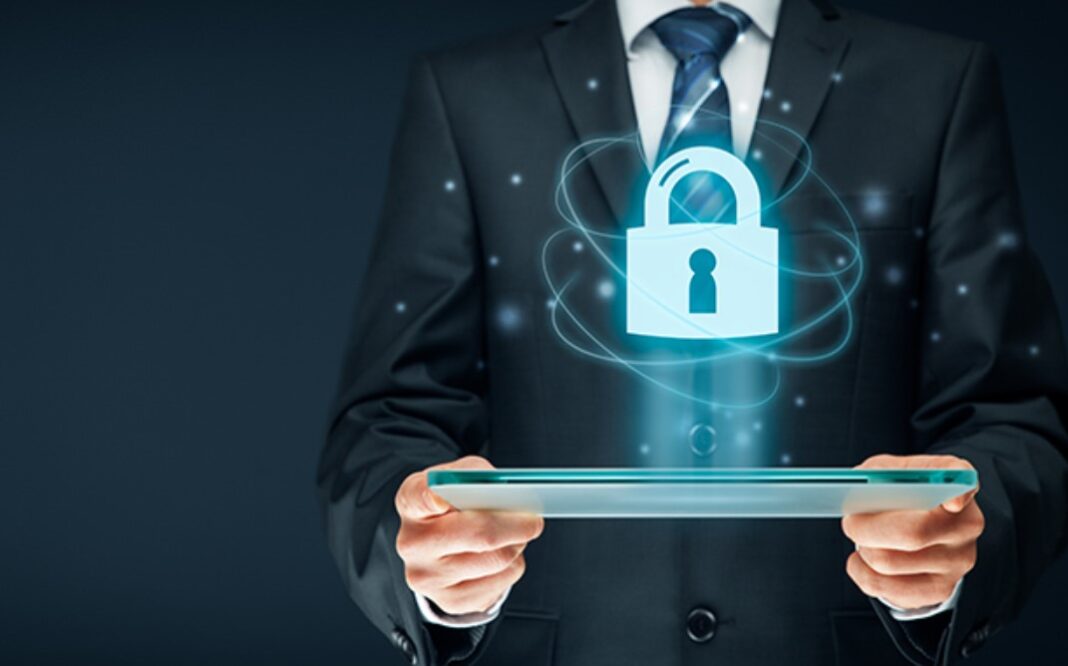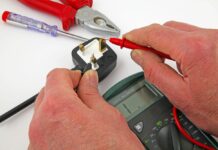Keeping your IT systems safe and secure is of the utmost importance. No matter whether you’re an individual or a business owner, your private data should never get into the wrong hands. Anyone and everyone can be a target for malicious cyber-attacks!
In today’s guide, we’ll provide you with some professional tips on securing your systems, data archives, and documents to keep them safe from potential security breaches.
So, without any further ado, let’s get to the bottom of it!
Create data backups as frequently as possible
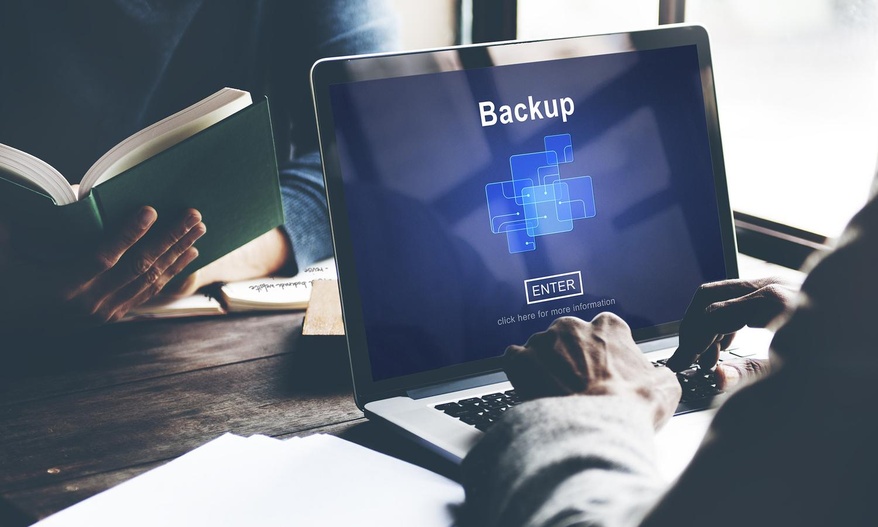
Make sure you have your most valuable data backed up at all times. In the case of a breach or any other type of damage to your property, you’ll still be able to access your files without any issues.
We recommend investing in a powerful backup device you’ll then store in a safe place, ideally far from your main system and data storage. It will keep you protected from security hazards such as theft, cyber-attacks, floods, or even fires on your property.
As long as you have it all safely backed-up, you won’t have to worry about losing your private data ever again. Doing it doesn’t require much effort on your part, but it has the potential to prevent hundreds of dollars in damages.
Train your staff properly
Most data breaches occur due to unintentional mistakes and internal miscommunication. To prevent this from happening, you’ll need to train and educate your staff to enhance their security-related skills.
As long as everyone is as careful as possible, you’ll reduce the risk of a security breach down to almost zero. Find an expert to help you organize your system in a way that leaves no vulnerabilities that can be taken advantage of by malicious individuals.
Additionally, they can help you educate your staff on the matter as effectively as possible. Remember that you’ll need to provide continuous education and training to ensure everyone’s kept on the same page as your system grows and evolves.
Don’t allow access to just anyone
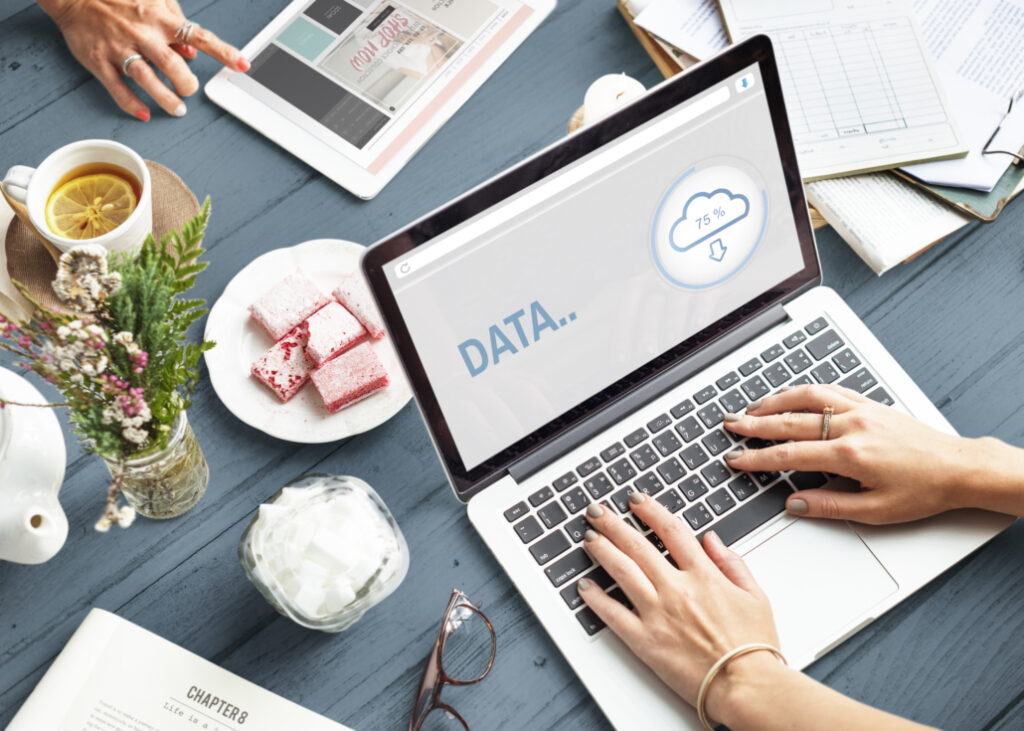
You have to keep track of who has access to your system to ensure it’s kept safe and secure. Only allow access to your databases when it’s absolutely necessary.
If you have outsiders coming to your building for business reasons, don’t leave them unaccompanied. You can never know someone’s intentions right away, so it’s always better to be safe than sorry.
Overall, access to your sensitive data should be restricted to your most trusted employees at all times. Don’t let anyone else tamper with your system – it’s the only way to keep it secure.
Update your software regularly
Software providers come up with new releases to deal with security vulnerabilities and bugs that might put your entire business at risk. You should never ignore or postpone these updates, especially if the software in question handles sensitive files and private data.
Besides that, don’t hesitate to replace your outdated software with newer solutions as soon as your system starts feeling laggy and slow. As noted at Computer Forensics Lab, you should have an IT expert on your side to help you with updating and upgrading your system as frequently as it is required.
Safe disposal of old equipment
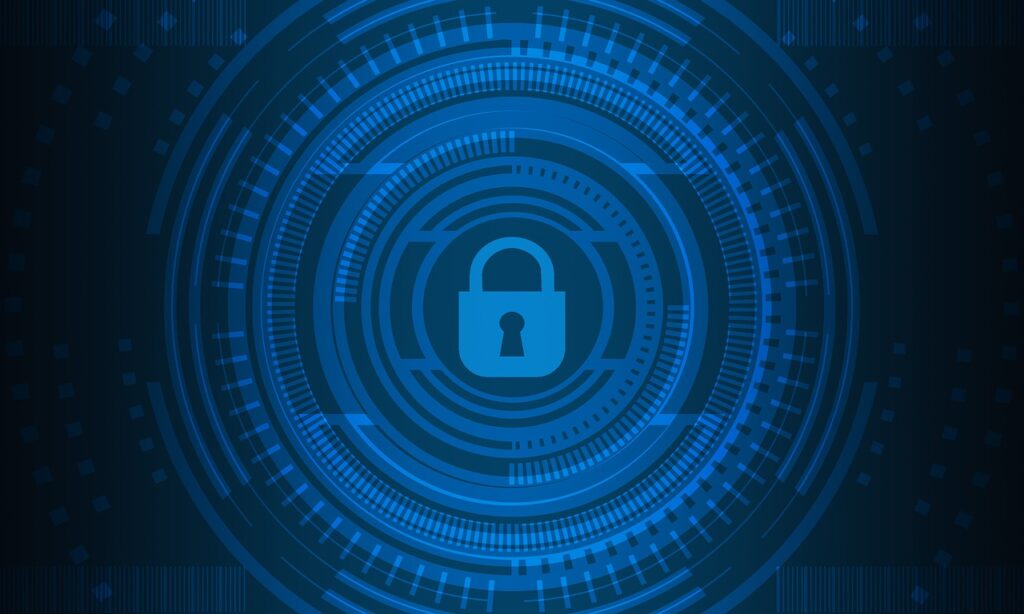
You’ll need to dispose of your old equipment as you upgrade it. When it comes to your old tech, remember to delete all of your data before you throw it away. The same goes for your physical documents and archives as well. Don’t hold onto the disposable parts of your system for longer than you really need to.
It’s better to keep everything up-to-date, so do not allow cluttering! Again, we recommend hiring a data security expert to help you come up with the disposal procedures that fit your specific needs the most.
Securing your wi-fi is of the utmost importance
Your wifi network can be an excellent pathway for hackers looking to steal your data if you fail to secure it.
Make sure you’ve set a strong password and never share it with any outsiders. Besides that, ensure your system is never accessed using public wifi networks, as it can be quite unsafe to do so.
Don’t leave your devices or your paperwork unattended

As trivial as it may seem, leaving important files or your computer unattended for even a moment can be incredibly risky. Sensitive data should always be monitored, no matter the occasion.
So, make sure you’ve locked your screen whenever you leave your computer and place your paperwork somewhere where it’s safe and secure. Don’t forget to instruct your coworkers and employees to do the same as well.
Keep sensitive data away from the cloud
Cloud storage is an excellent way to save some money all while simplifying data sharing and processing to make your business more effective. However, it’s not a place where you should store sensitive data.
You won’t be able to control and impose any security measures to protect your data as they depend solely on your provider. We strongly believe you should store sensitive information exclusively on your own networks.
If, however, you still decide to use the cloud for this type of data, remember to choose your cloud-based services wisely above all else.
Prevention is better than cure
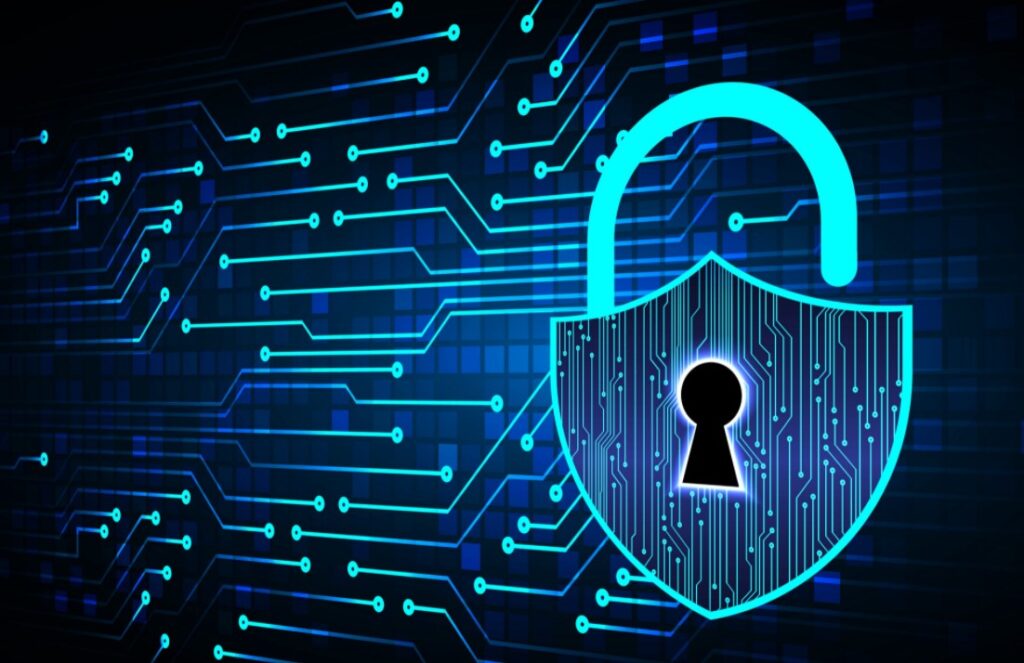
Whatever you do, keep on upgrading your security system as often as you can. Preventing security issues before they even get a chance to happen is the best way to go about it. Don’t hesitate to be a bit „paranoid“ from time to time! Protecting and securing your systems, archives, and documents is a serious matter that should never be taken lightly.
The bottom line
Data theft is becoming a serious issue all over the world, especially when it comes to small businesses. Keeping your sensitive documents, archives, and IT systems secure from these kinds of threats may not be an easy task, but it’s something everyone has to do nonetheless.
We hope our article helped you learn how to improve your security protocols and keep your data safe, and we wish you the best of luck in all of your future endeavors.
